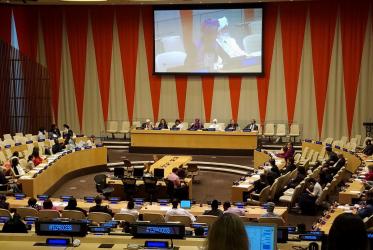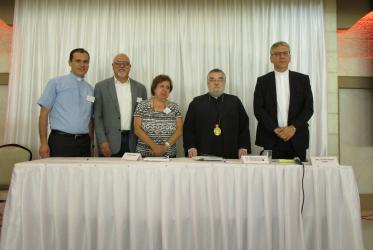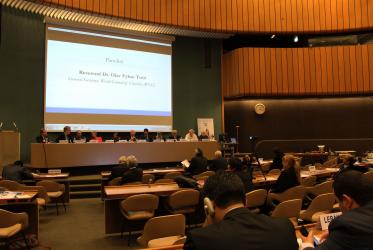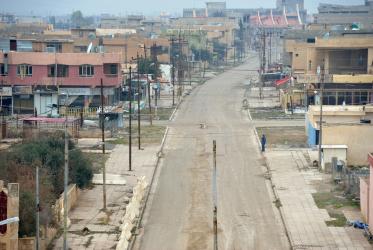Displaying 61 - 80 of 255
WCC “receives with joy” verdict which resolves case of Asia Bibi
01 November 2018
#WCC70: Churches as “freedom agents”
12 February 2018
With ongoing discourse about people on the move, CCME’s work grows
03 November 2017
Women in development create space for hope in Egypt
15 June 2017
Islam and Christianity: finding the common ground
16 March 2017
In Lebanon, refugees face hardship - but find hope
16 March 2017













